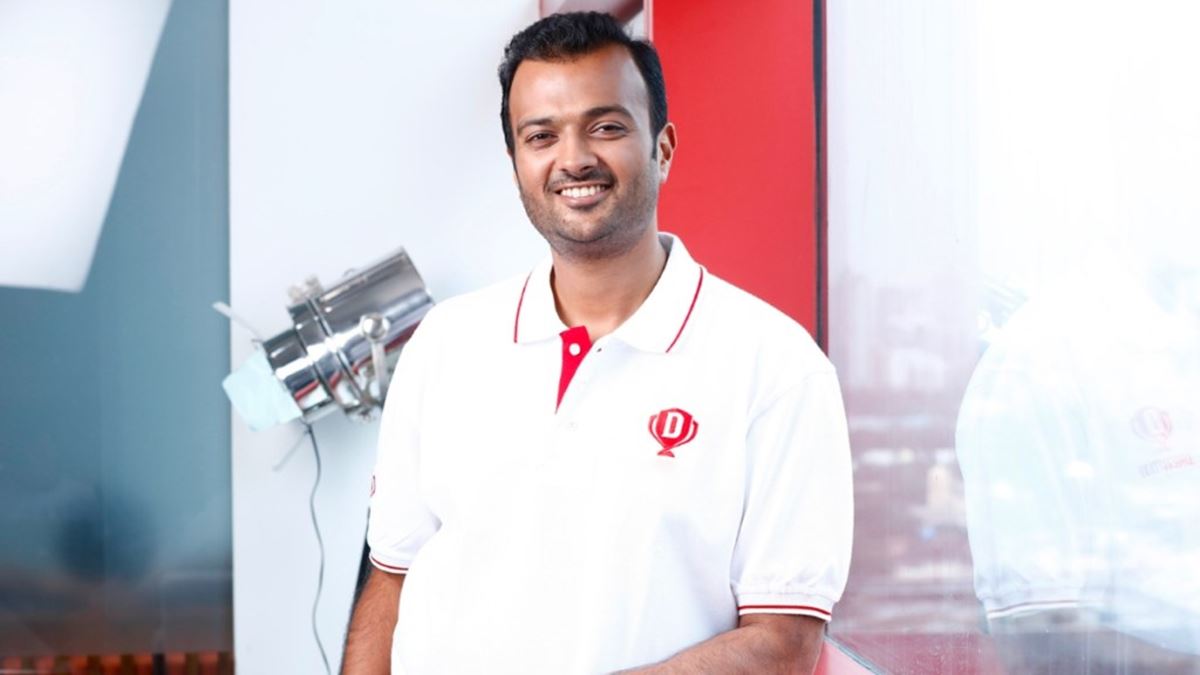Maternity breaks are the single biggest driver of India’s gender pay gap, according to a nationwide survey by Naukri. The study, which polled over 20,000 job seekers across 80+ industries and eight cities, highlights that more than half of professionals (51%) identified maternity leave as the top reason women continue to earn less than men. Another 27% cited workplace bias—the way women are perceived in the workplace—as the next major cause.
The survey underscores how career interruptions linked to motherhood often coincide with crucial career-building years. Professionals in the 5–10 years (54%) and 10–15 years (53%) experience brackets—stages where maternity breaks are most common—were most likely to point to this factor as a driver of unequal pay.
IT sector tops the list for pay disparity
When asked which industry has the widest gender pay gap, half of all professionals (50%) flagged IT as the biggest offender. This figure far outpaced Real Estate (21%), FMCG (18%), and Banking (12%). The perception was particularly strong among younger employees, with 53% of freshers (1–2 years) and 55% of mid-level professionals (2–5 years) identifying IT as the most unequal sector.
Geographically, India’s tech hubs—Hyderabad (59%) and Bengaluru (58%)—reported the sharpest concerns about IT pay inequities.
How perceptions vary across industries and experience levels
The study also found that senior professionals view the gender pay gap more starkly. Nearly half of respondents with 10–15 years (46%) and 15+ years (47%) of experience said the gap remains above 20%.
While sectors such as Aviation (57%), Education (52%), and IT (50%) reflected sharper perceptions of inequality, traditional industries like Oil & Gas and Retail offered a more positive outlook. In Oil & Gas, more than one in four respondents said the gap was negligible (0–5%).
What professionals believe can close the gap
When asked about solutions, respondents overwhelmingly emphasized performance-led promotions as the most effective way to bridge the pay divide, with 34% choosing this option. The number was even higher (39%) among professionals with 15+ years of experience.
Other key solutions included bias-free and transparent hiring processes (27%) and transparent pay practices (21%). In city clusters like Noida and Gurgaon, calls for pay transparency were particularly strong.
Building a more equitable future of work
The Naukri survey makes it clear: while the gender pay gap is widely acknowledged across industries, maternity breaks remain the single biggest barrier to equality. Workplace bias continues to compound the issue, particularly in high-growth industries like IT.
Systemic interventions—such as merit-based promotions, transparent pay structures, supportive maternity and return-to-work policies, and cultural change around caregiving responsibilities—will be crucial in building a more equitable future of work in India.




















